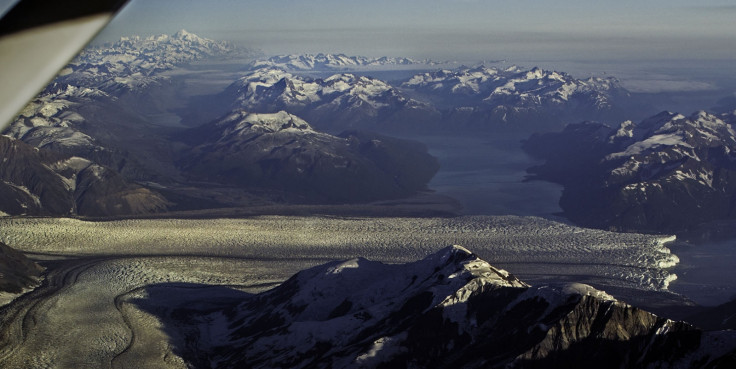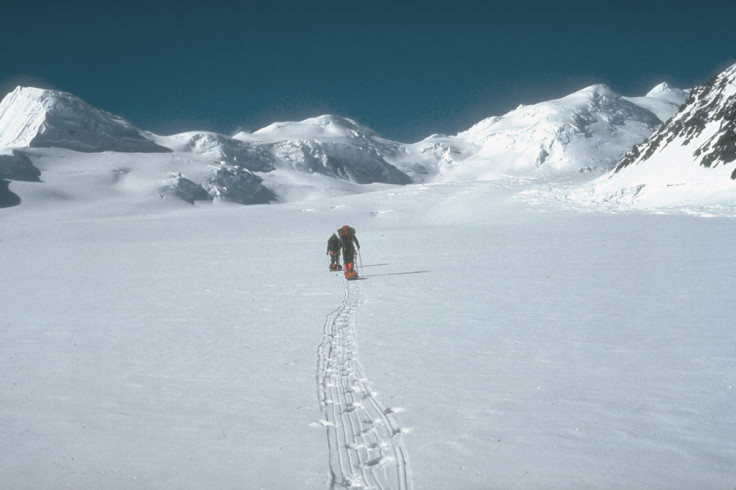Eruption at Alaska's Mount Churchill Volcano Covered Germany in Ash 1,200 Years Ago

An eruption at one of Alaska's volcanoes left Germany covered in ash 1,200 years ago, scientists have said.
Britta Jensen, a geologist at Queen's University in Belfast, found that ash from an eruption at Mount Churchill spread over 4,000 miles – covering the land from Canada to Germany in ash.
The eruption, which took place in 843 AD, ejected about 12 cubic miles of ash known as White River Ash. It measured six on the Volcano Explosivity Index (VEI) scale, two points below the highest level.
"It's a bit surprising, because we wouldn't have expected an eruption of this magnitude to have ash go this far," Jensen told LiveScience.
Mount Churchill is the tallest volcano in the US, located in the Saint Elias Mountains in Alaska.
In their findings published in the journal Geology, researchers said volcanic ash layers preserved in the geological record provide time markers. They said that it has long been assumed that only exceptionally powerful events, such as supereruptions, can lead to such great ash dispersal.

"Here we use geochemical, age, and morphological evidence to show that the Alaskan White River Ash correlates to the AD860B ash found in Greenland and northern Europe," the authors said. "These occurrences represent the distribution of an ash over 7,000km, linking marine, terrestrial, and ice-core records."
The findings, they say, suggest smaller eruptions can have considerably larger ash distributions than was previously thought.
Jensen said this means eruptions are potentially more hazardous than currently believed: "If there was an eruption in western North America close to the size of White River, the potential impact would be enormous," Jensen told the website. "You could potentially shut down the air space across North America, the Atlantic and Northern Europe.
"[However] we've been flying for the last 50 years, and nothing like [White River] has really happened. The lesson here is that by identifying this, we can start to think about what kind of impact that would have on our society."
© Copyright IBTimes 2025. All rights reserved.






















